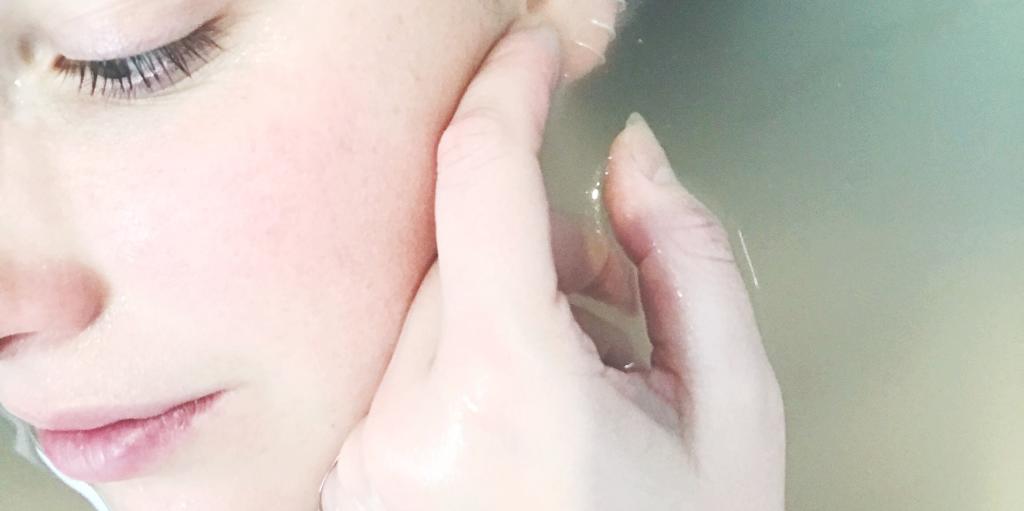Collagen
Elasticity and Flexibility of the skin
The term collagen is familiar to many, as it is mentioned time and again in connection with skin care products. In cosmetics, collagen is mainly associated with the topic of skin ageing / anti-aging. Collagen is the most important structural protein of the skin, it fulfils a variety of functions to maintain elasticity and flexibility. The collagen in the skin forms a kind of scaffolding over which the skin stretches; a strong collagen scaffolding keeps the skin smooth, firm and wrinkle-free. With age, however, this scaffolding becomes increasingly unstable; the connective tissue becomes slack and wrinkles appear. Unfortunately, it is not enough to simply apply collagen to the skin; for a long-term effect, the body’s own collagen formation must be stimulated (e.g. by OPC)

Different types of collagen
However, the protein collagen is not only found in the skin, it is an essential organic component of all connective tissue, including cartilage, tendons, ligaments, teeth and bones. Collagen fibres have an extremely high tensile strength, they are hardly stretchable. There are different types of collagen; in common usage, collagen type I is usually referred to as collagen. In terms of quantity, this is the most important collagen in the human body (and probably also the best known due to its use as gelatine). However, there are many other types of collagen that differ significantly from collagen type I in terms of structure and perform other functions.

